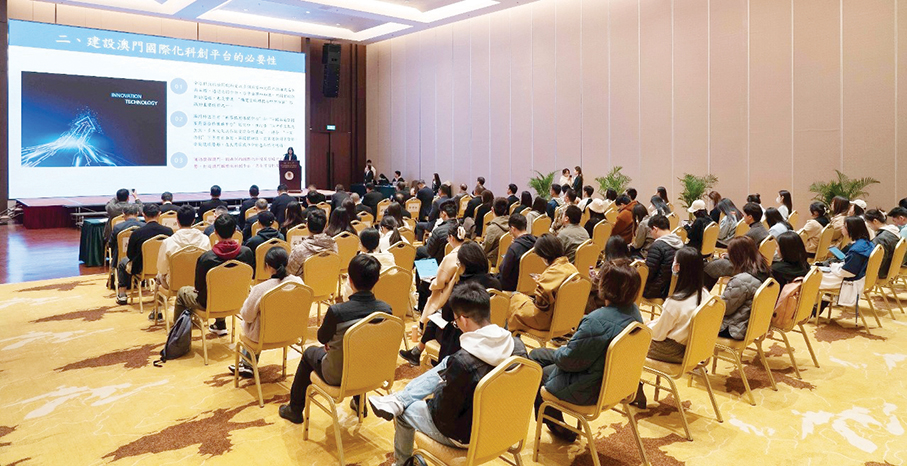China Daily Editorial
The Asia-Pacific Economic Cooperation Economic Leaders’ Week in San Francisco from November 11-17 has caught worldwide attention. Not only are the APEC members some of the fastest growing and most dynamic economies in the world, but also the Asia-Pacific region is at the center of the global economy, driving both growth and innovation.
A regional economic forum established in 1989 to leverage the growing interdependence of the Asia-Pacific economies, APEC, with 21 members today, has become a leading proponent of economic globalization, free trade and multilateral governance.
It has effectively strengthened macro coordination among economies in the region, accelerating regional economic integration and advancing balanced, inclusive, sustainable, innovative and secure growth.
During the week, delegates will take part in high-level meetings and side events with key stakeholders covering a wide range of topics, including: supply chain resilience; science, research, and innovation; critical and emerging technology; clean energy; high-standard infrastructure; women’s economic empowerment; and inclusivity.
The meeting takes place against the backdrop of some developed countries turning to protectionism and unilateralism to help boost their economies, along with the challenges created by the COVID-19 pandemic and escalating geopolitical tensions. In this context, this week’s discussions under the overarching theme of “creating a resilient and sustainable future for all” are pertinent not only for the region, but for the world as a whole.
Over the past decades, China has closely integrated its own development with regional development, and it is a staunch supporter and active promoter of economic cooperation in the Asia-Pacific region. Through its continual opening-up, the Chinese economy has become closely linked with the other economies in the region and an Asia-Pacific community with a shared future is gradually being formed. In 2022, China’s trade with the Asia-Pacific region reached $3.1 trillion, accounting for 36.8 percent of its total foreign trade that year.
At this week’s meeting, participants should oppose all forms of protectionism and reaffirm the region’s commitment to uphold a free, open and non-discriminatory multilateral trading system and a regional cooperation framework that fosters interconnected growth and converging interests in the Asia-Pacific.
It is a common wish of people in the region that the leaders of the 21 APEC economies, including the three largest in the world, can take full advantage of the multilateral platform to explore ways to work together to boost the region’s post-pandemic recovery. The Asia-Pacific should not be viewed as a theater for zero-sum political games, but rather as a stage that is set for mutual achievement and win-win development.
– Courtesy of China Daily
Wang Qi, chairman of the US-China Green Energy Council, delivers a speech at the Green Innovation and Sustainable Development Forum in San Francisco on Monday. A high-level forum was held in San Francisco on Monday to share the best practices for accelerating the adoption of innovative policies and technologies to decarbonize the Asia-Pacific Economic Cooperation (APEC) economies. The forum, co-hosted by the US-China Green Energy Council and APEC Sustainable Energy Center, drew scholars, delegates from APEC economies, and business executives from the world’s leading clean energy companies. – Xinhua






